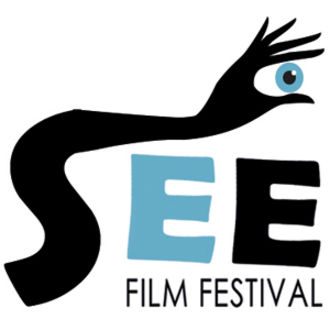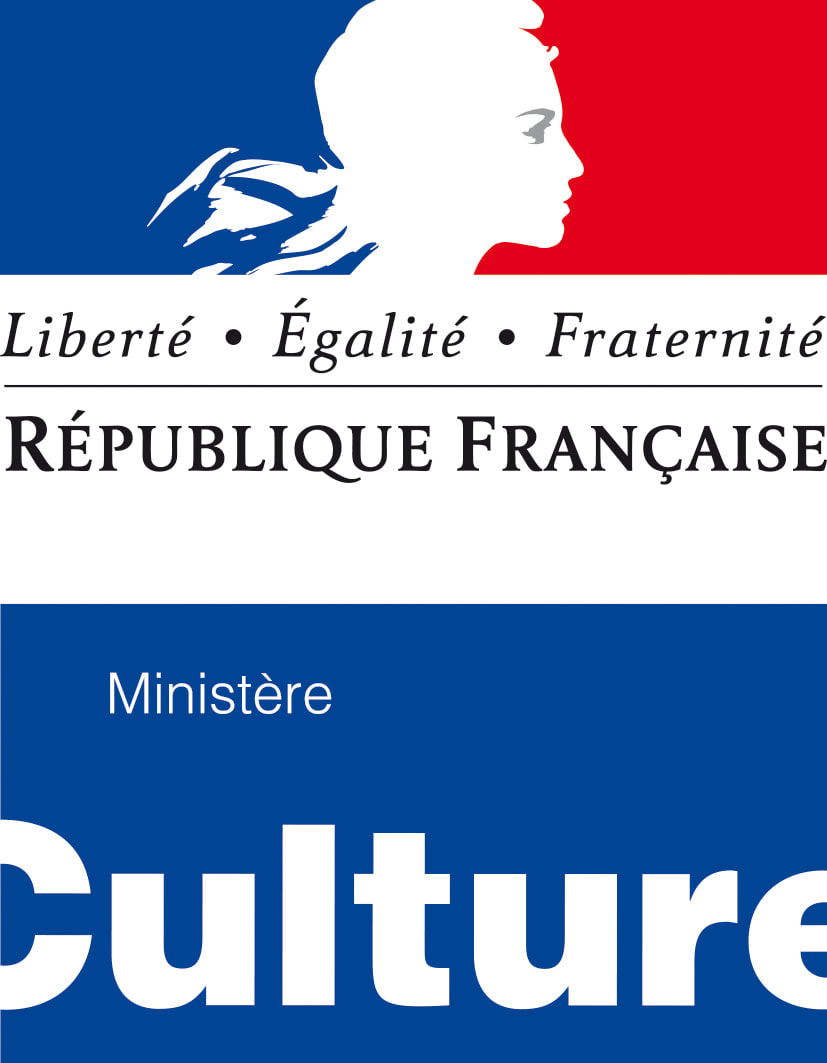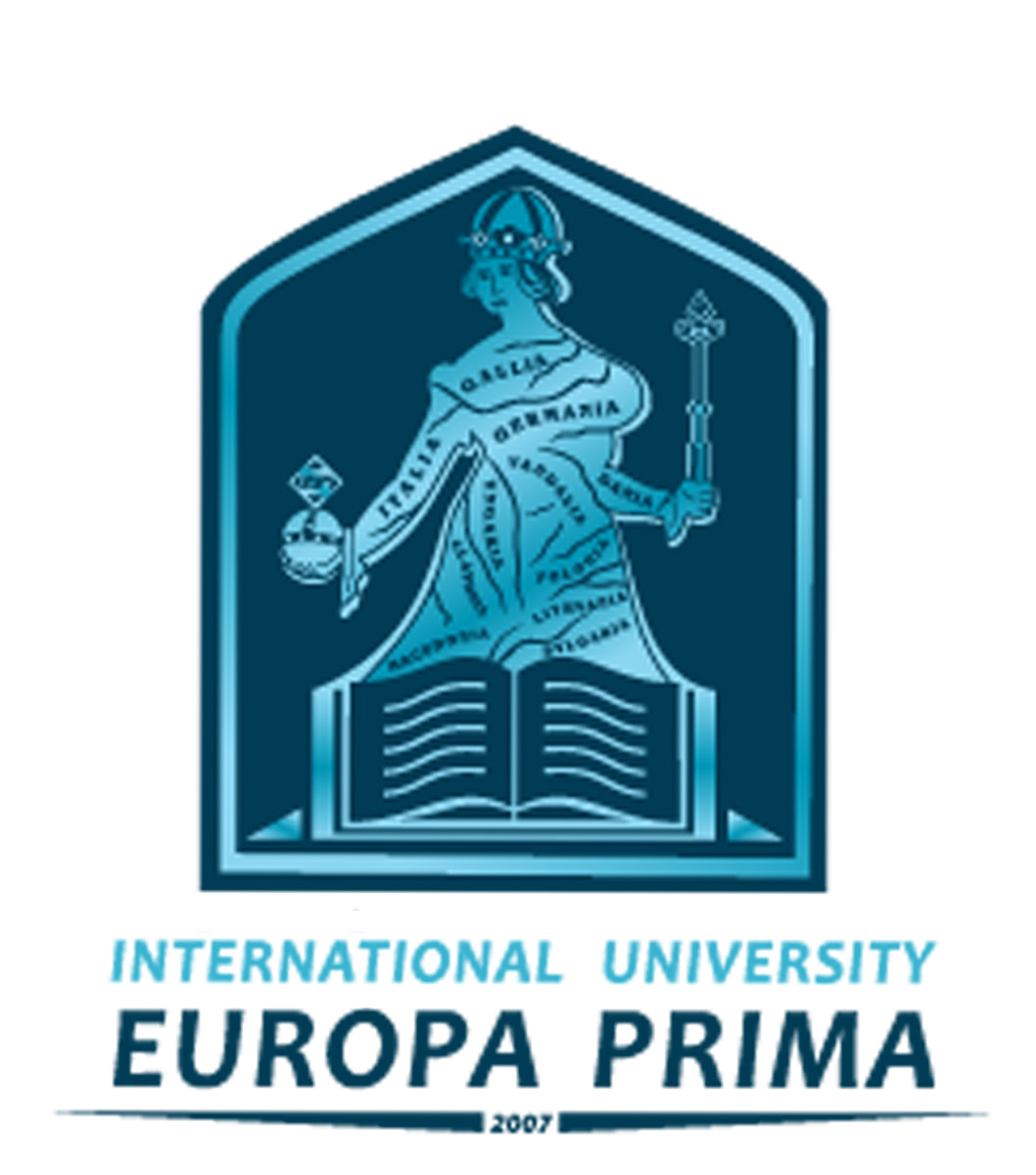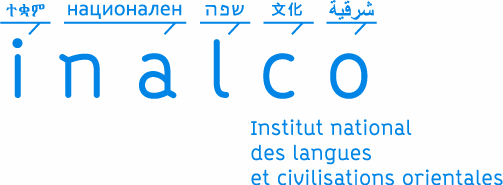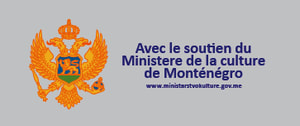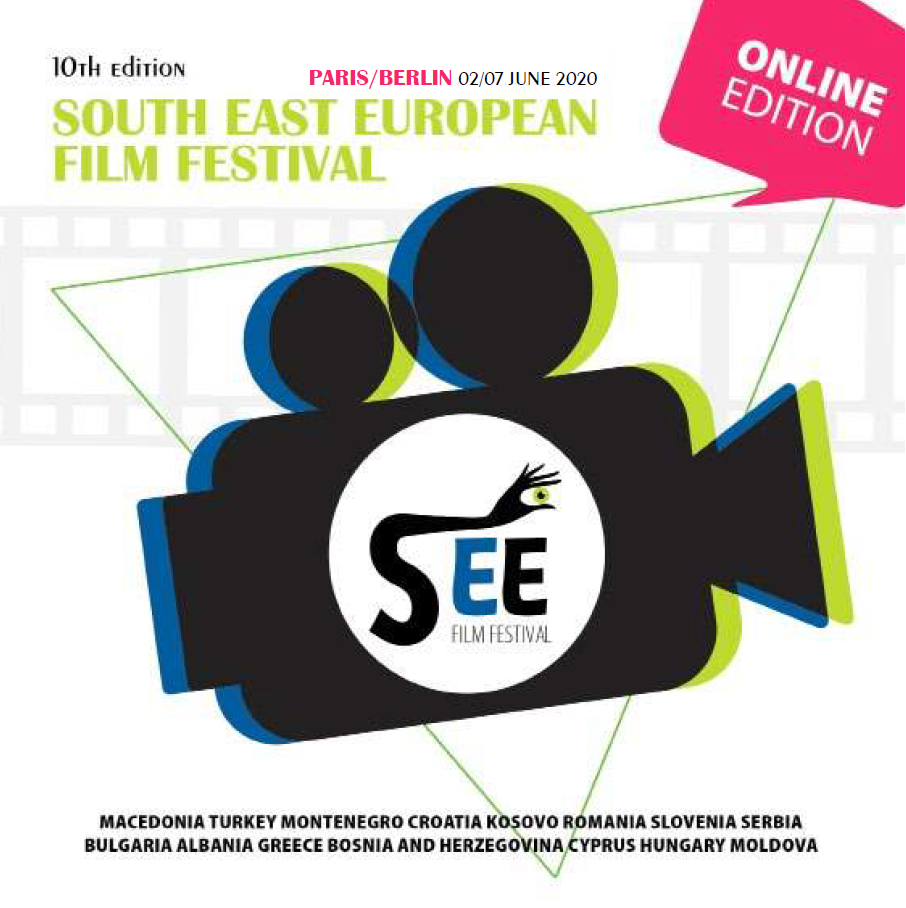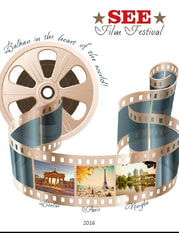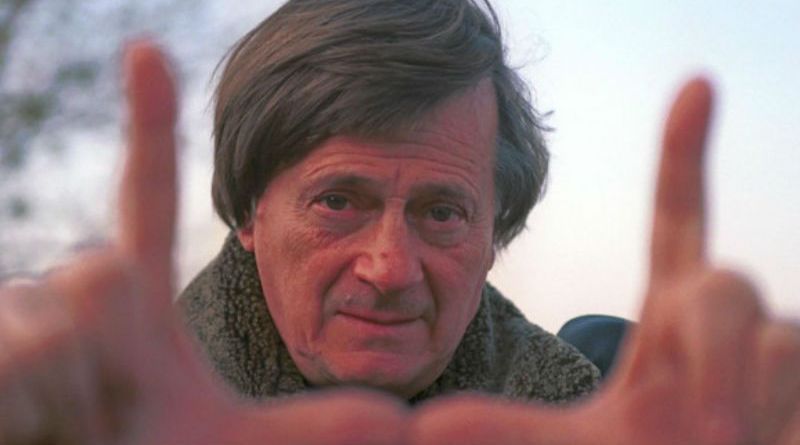
Boro Drašković graduated from Belgrade's Academy of Theater, Film, Radio, and Television in 1959. Drašković entered the film industry as an assistant to Polish director Andrzej Wajda in 1962. Four years later, he assisted Jerzy Kawalerowicz. Drašković sold his first screenplay in 1964. In 1969, he made his first fictional feature film, Horoscope, and subsequently made three more features, all of which he co-scripted. In addition, Drašković has made documentaries and worked on television and radio; he has also written several books on cinema and theater. In theater, he explained the most important works in a wide arc from Aeschylus to Beckett, along with Shakespeare, Molière, Chekhov, and Serbia's own classic Domanović, Petar Kočić, Danilo Kiš. He has directed several TV movies and TV documentaries: Tobacco Road, Kitchen, Belgrade Children, Maria and Interview with Laxness. He is the author of several books on acting and directing: Change, Labyrinth, Mirror, The Paradox of the Director and The Monkey King.
Draskovic's movies, plays and books, have been awarded many times in his own country and abroad. Among others, he won the awards of the cities of Belgrade, Sarajevo, Mostar and Novi Sad; the Grand Prix of the City of Orléans; Unicrit Berlin; the Award of the movie spectators, Moscow; Special award for directing, the Great Silver Arena, Pula; the Gold Hugo (for screenplay), the Silver Hugo (for the movie), Chicago; the Award for the screenplay, the Yugoslav screenplay festival, Vrnjacka Banja; Steria's Prize for theatrology; the Award by audience: St. Lewis, Valencia, São Paulo, Sopot; Grand award, World Fest, Charleston; the Silver Dolphin, Troy; the Award for the exceptional directing "Saint Ardalion"; Joakim's Award for the best directing; Best of Fest award, Minneapolis; „Schermi d'Amore" for the best artistic contribution, Verona; the Award or TEA for exclusive director's poetics; the Mediterranean film festival award for peace and tolerance, Jerusalem. He was rewarded the Charter of the National Theater for exceptional merits and contribution to the history of the National Theater, as the sign of appreciation and gratitude. For the movie Life is Beautiful he was presented the Gold Gladiator, the Grand Prix of Yugoslav Film Academy for the biggest aesthetic achievement in the film art. Draskovic won the Plaque of the Yugoslav film library for the exceptional contribution to the Serbian movie, the University award for the lifetime achievement, the awards of the Serbian film artists association for entire artistic creation and contribution to the Serbian cinematography and the Statuette of Joakim Vujic for the exceptional contribution to the development of art of theater in Serbia.


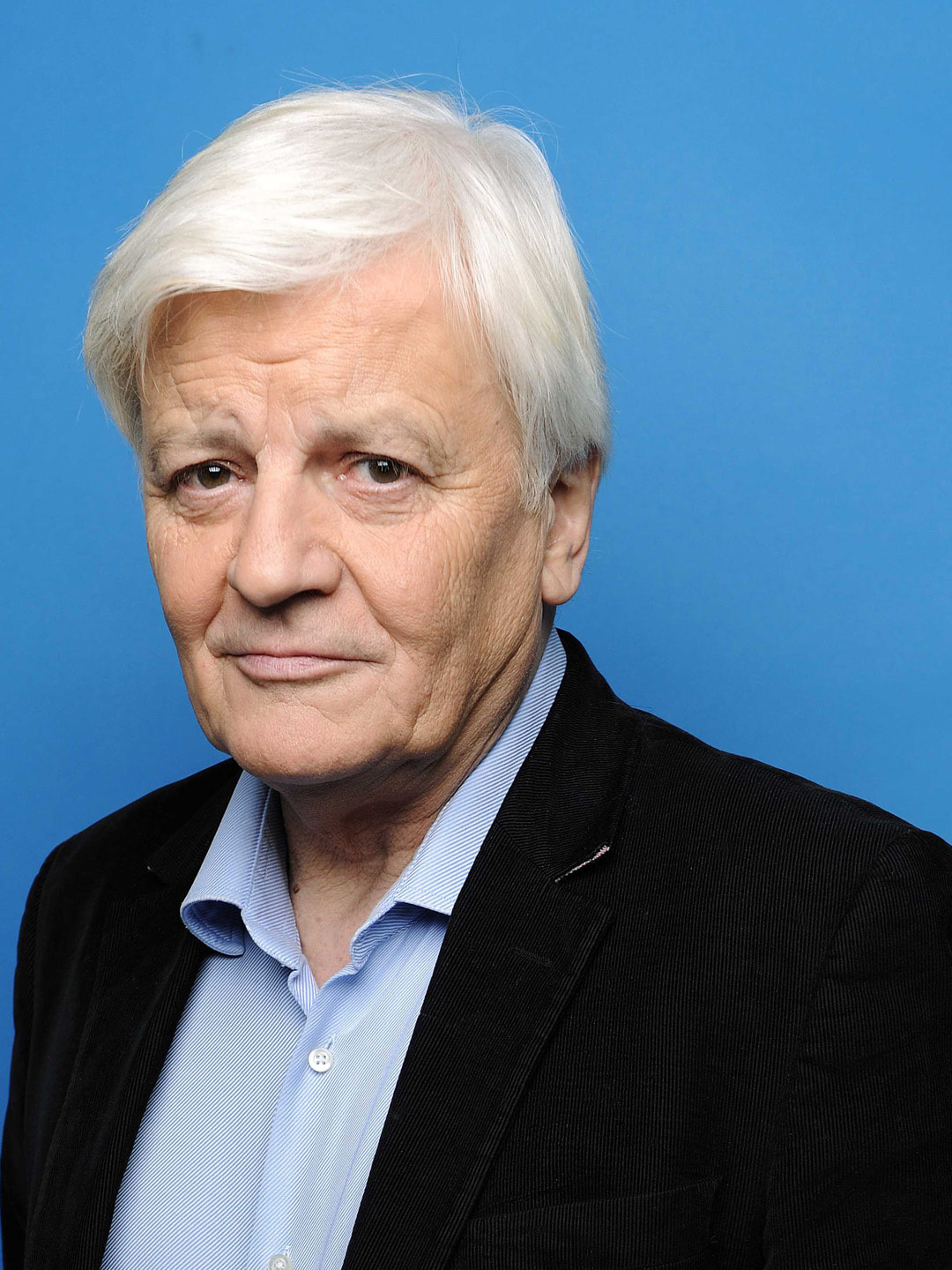
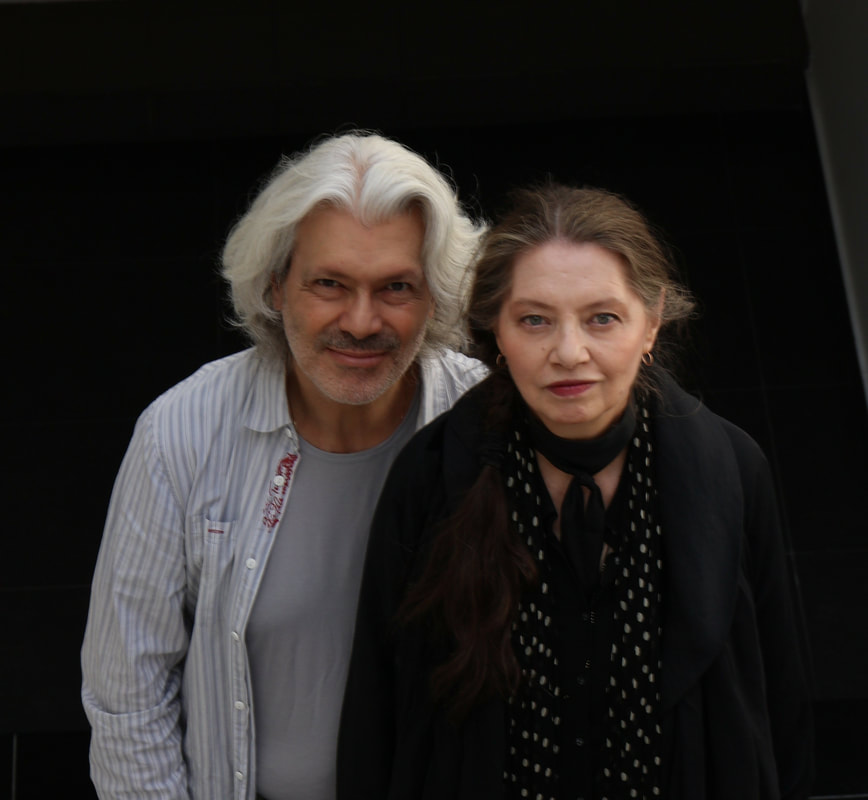
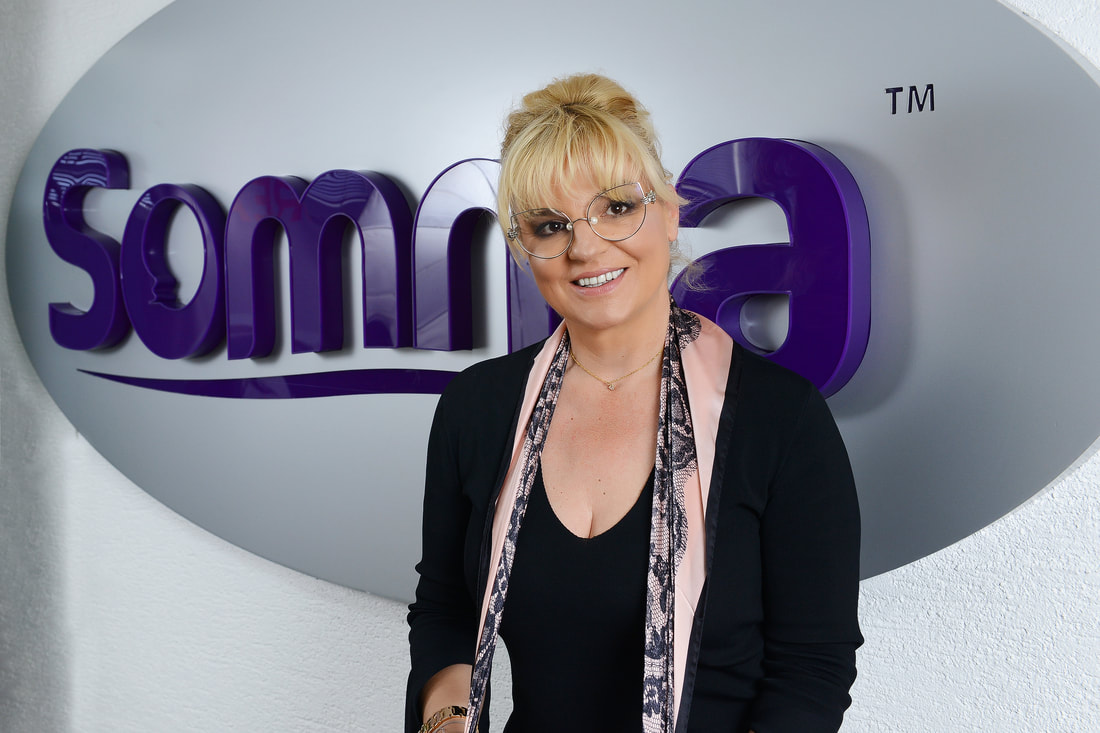
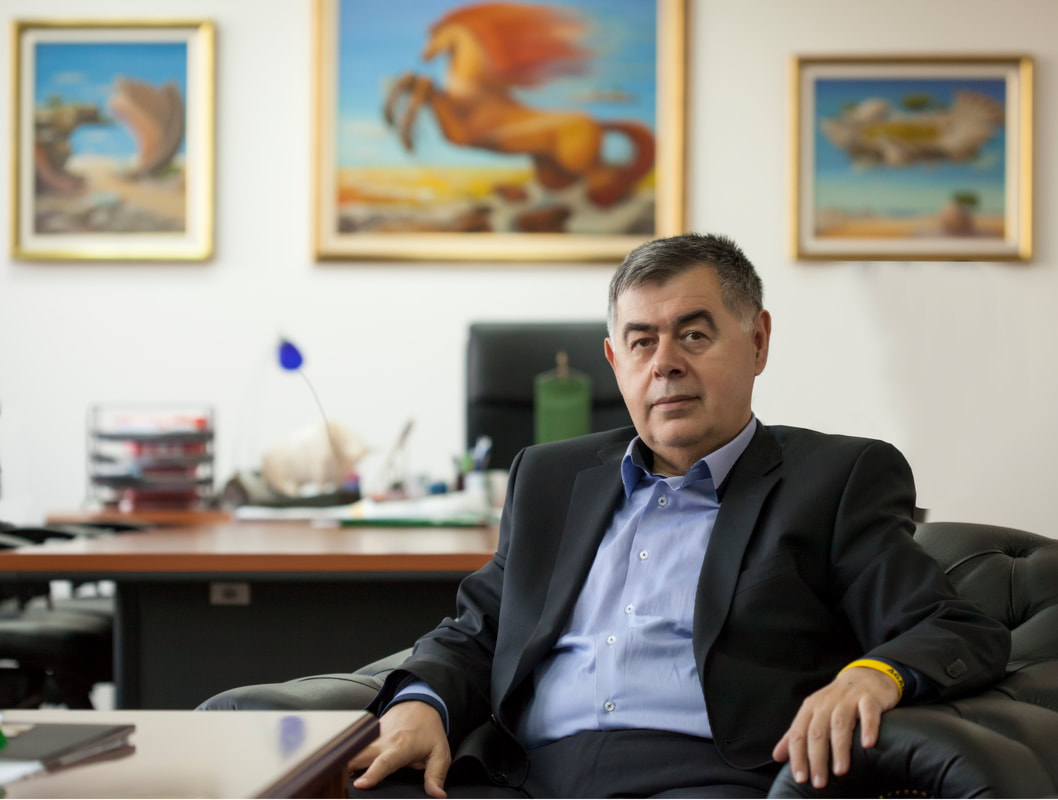
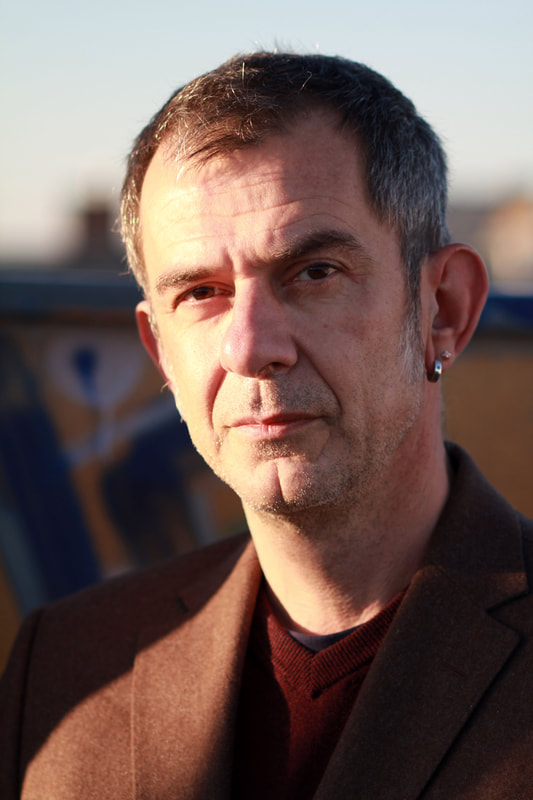
 RSS Feed
RSS Feed
